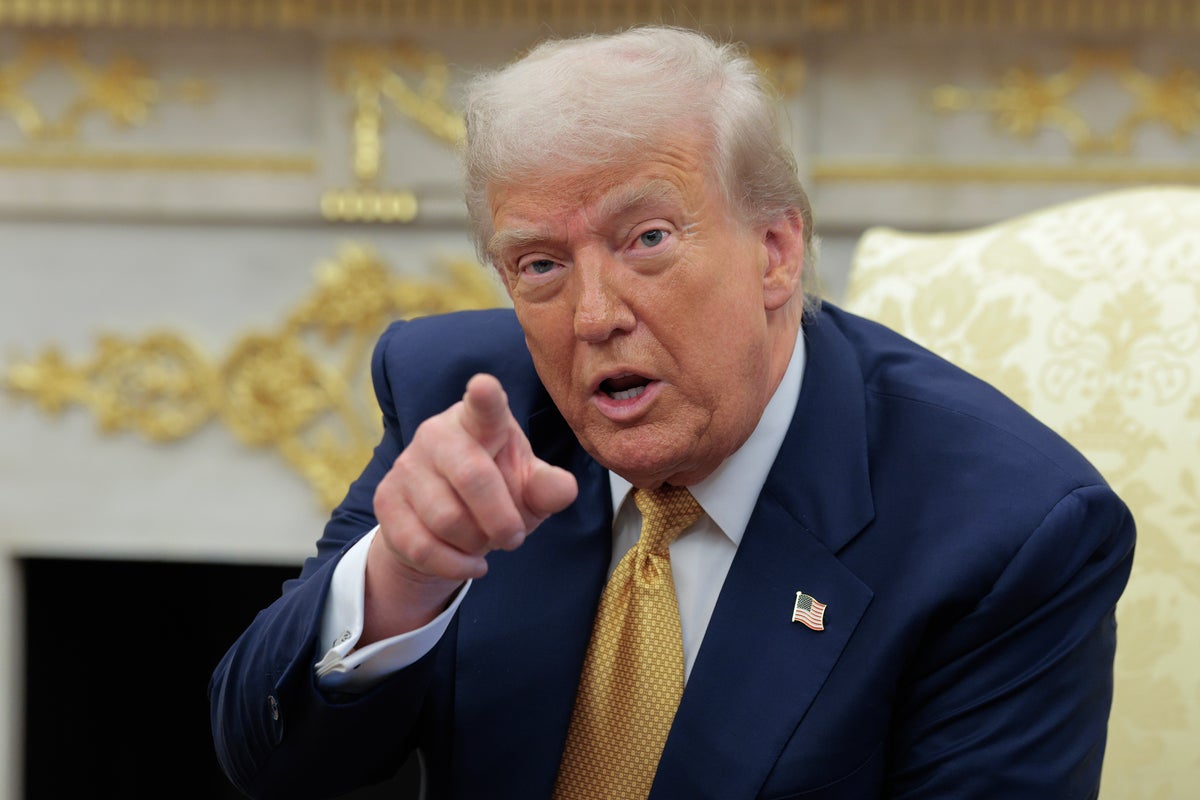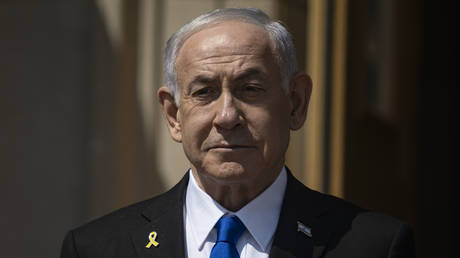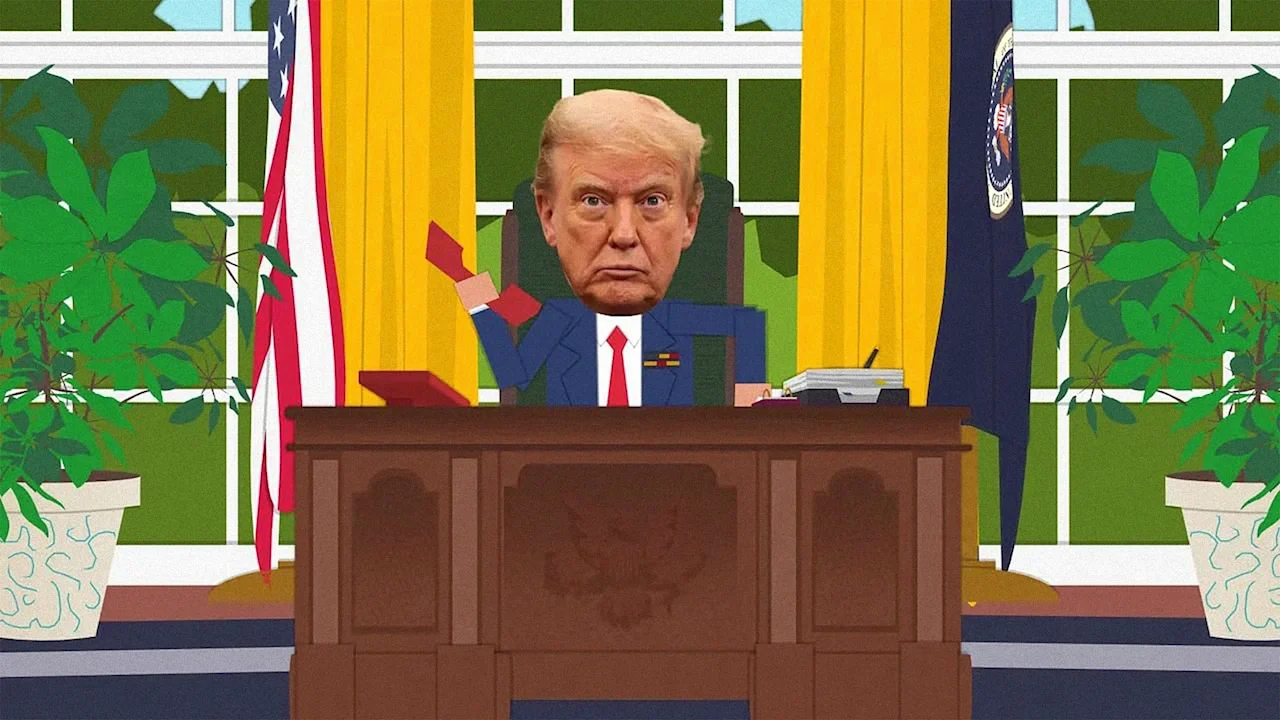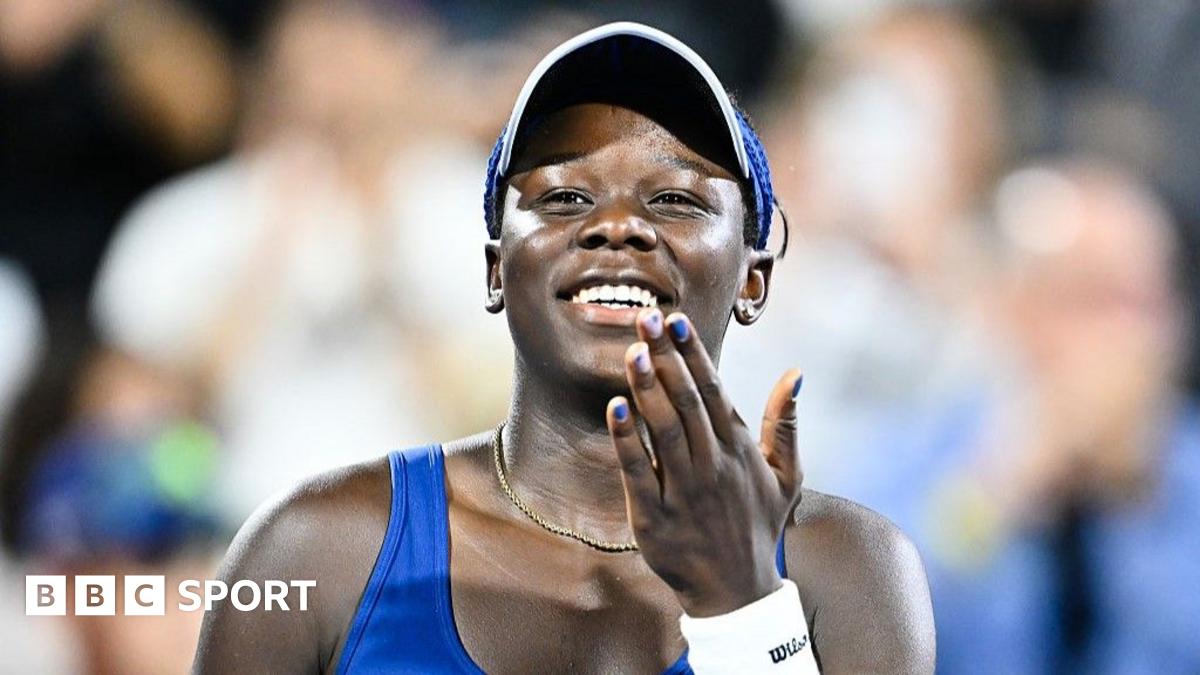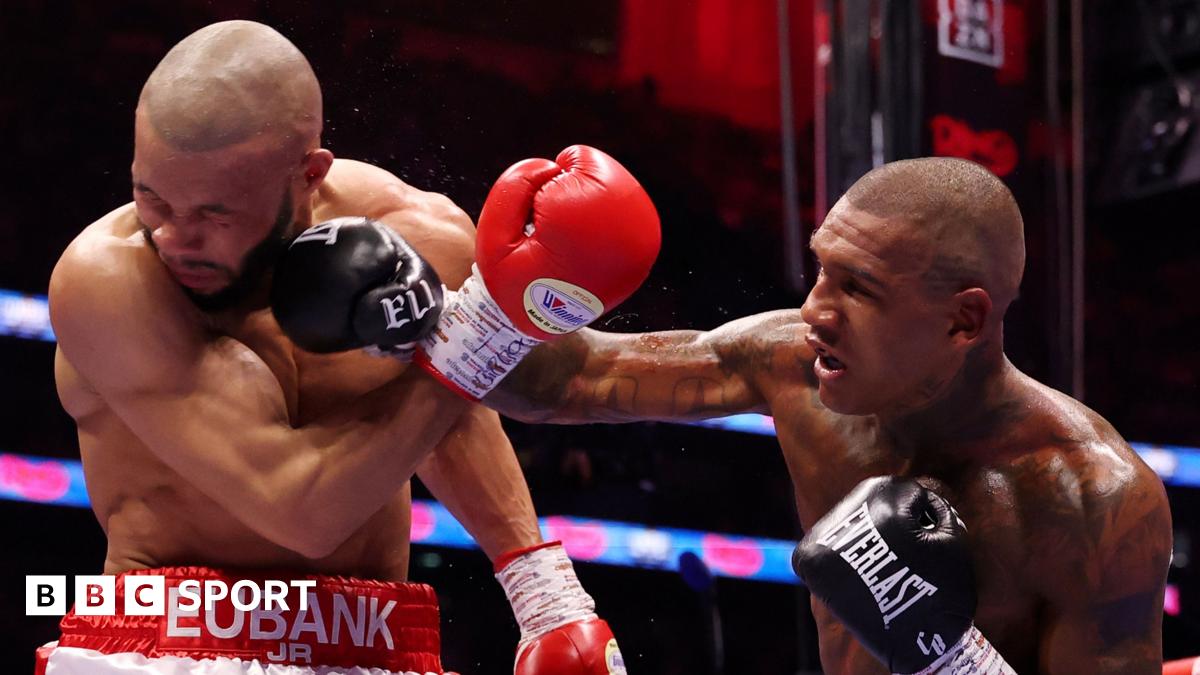Why is Trump going after Intel’s CEO?
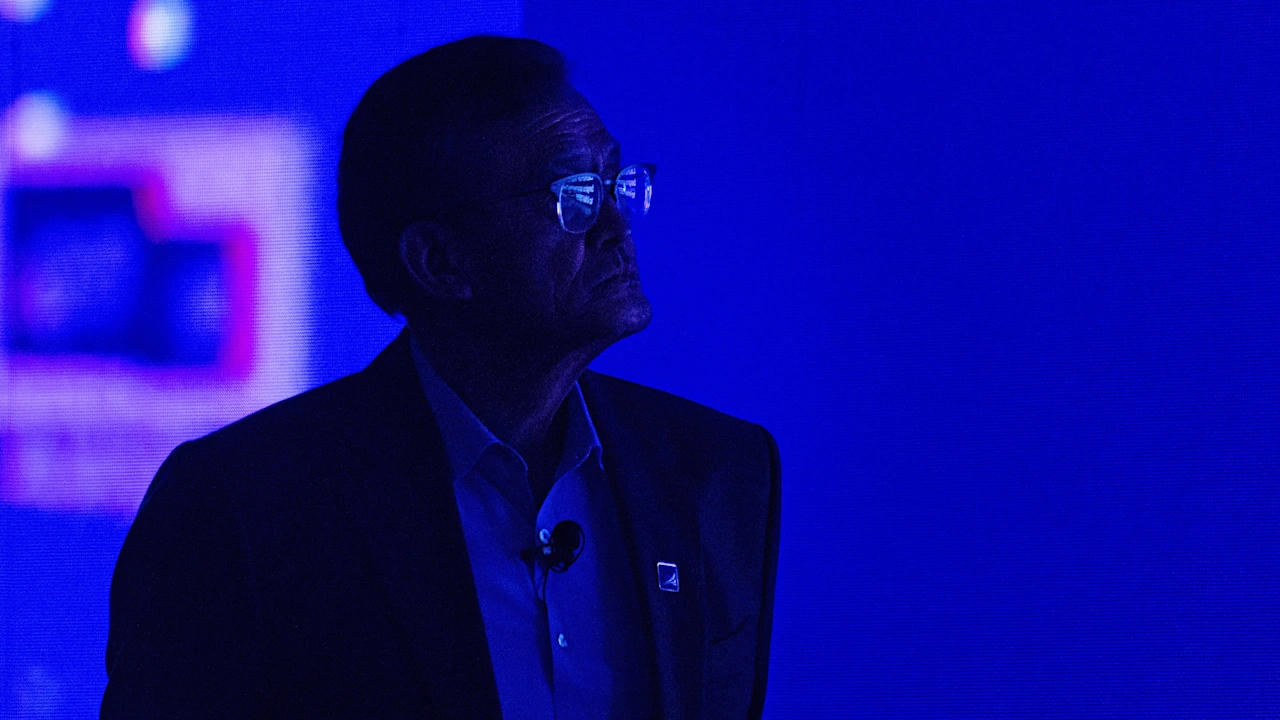
Shares of Intel dropped more than 3% Thursday after President Donald Trump demanded the immediate resignation of the chipmaker’s CEO.
Claiming that there is “no other solution to this problem,” Trump said Lip-Bu Tan is “highly conflicted” in an early-morning post on Truth Social. Though the president didn’t elaborate on his reasoning, Reuters has previously reported that Tan, either directly or through venture funds, has invested at least $200 million in Chinese manufacturing and chip companies.
Intel shares dropped as much as 3.5% before recovering some of those losses. Tan caught the ire of Trump one day after Sen. Tom Cotton, a Republican from Arkansas, called Tan’s ties to Chinese firms “concerning” and questioned the potential impact on U.S. national security in a letter he sent to Frank Yeary, Intel’s chairman.
In his letter, Cotton requested that Yeary respond by next week to questions about Tan’s ties to Chinese firms and his prior tenure as CEO of Cadence Design Systems, which last month agreed to plead guilty in a past criminal case. He also cited Intel’s receipt of nearly $8 billion in funding under the CHIPS and Science Act during Joe Biden’s presidency last year.
“Intel is required to be a responsible steward of American taxpayer dollars and to comply with applicable security regulations,” Sen. Cotton wrote. “Mr. Tan’s associations raise questions about Intel’s ability to fulfill these obligations.”
TAN AND TRUMP
Tan’s past investments came under scrutiny following his appointment as CEO, though as a former venture capitalist the size and scope is perhaps not so unusual. A Reuters investigation found that Tan’s investments in China were made through Walden International, the venture capital firm he founded in 1987, along with two Hong Kong-based holding companies. Reuters said it found no evidence that Tan was invested directly in any company that’s banned by the U.S. Treasury’s Chinese Military-Industrial Complex Companies List.
What’s more, Walden International wasn’t an anomaly: It was one of five American venture capital firms that were the subject of a congressional investigation last year into investments in China’s semiconductor industry that totaled $1 billion since 2001. The other funds on the list were GGV Capital, GSR Ventures, Qualcomm Ventures, and Sequoia Capital.
But Walden International and, by virtue Tan, may be out of favor by the Trump administration for other reasons. GGV Capital split its U.S. and China operations into two firms last year, while GSR Ventures did so this year. Qualcomm donated $1 million to a nonprofit that supported Trump’s 2024 election bid, while Shaun Maguire, one of Sequoia’s partners, is a vocal Trump supporter and the firm has ties to David Sacks, the White House AI and crypto czar.
As recently as March, Tan said the Trump administration was prepared to help Intel so the U.S. can maintain semiconductor leadership — and he would seek the administration’s help, as needed. On Wednesday, Trump threatened a 100% tariff on imported semiconductors and chips, which would actually favor Intel as it has domestic facilities.
Even if information about Tan’s investments are known, it’s trickier to track the personal investments of CEOs in foreign companies as they’re not required to disclose that information unless there’s a potential conflict of interest. But sometimes their investments do catch the eye of watchdogs.
Last year, for example, Campaign for Accountability, a Washington, D.C.-based nonprofit that runs the Tech Transparency Project, reported that former Google CEO Eric Schmidt had invested nearly $17 million through his private foundation into the Chinese AI industry, even as he was leading the National Security Commission on Artificial Intelligence.
INTEL’S WOES
The Santa Clara, California-based company issued a statement in response on Wednesday, saying: “Intel and Tan are deeply committed to the national security of the U.S. and the integrity of our role in the U.S. defense ecosystem.” The company hasn’t responded to Trump’s call for Tan’s immediate resignation, according to reporting by other news outlets.
Tan was appointed as CEO of Intel in March, replacing Pat Gelsinger, who was forced out in late-2024 after the board of directors lost confidence in his turnaround plans for the company. In his first few months, Tan has already embarked on an aggressive plan to streamline the organization with a plan for more layoffs, to the tune of about 15%.
In a letter to employees in July when Intel reported second-quarter financial results, Tan said such efforts are “steps in the right direction.”
REACTIONS TO TRUMP’S POST
On social media, several commenters questioned whether Intel will “bend the knee” and submit to Trump’s call for Tan’s resignation. Analysts also weighed in about the implications of the president’s post.
“Unfortunately, unlike other tech CEOs, Lip-Bu does not appear to have cultivated the kind of personal relationship with Trump that would help to assuage his ire,” Bernstein analyst Stacy Rasgon said in a note to clients.
And Trump’s apparent meddling in corporate leadership could be setting “a very unfortunate precedent,” Phil Blancato, CEO of Ladenburg Thalmann Asset Management, which does not own Intel shares, told Reuters. “You don’t want American presidents dictating who runs companies, but certainly his opinion has merit and weight.”
What's Your Reaction?
 Like
0
Like
0
 Dislike
0
Dislike
0
 Love
0
Love
0
 Funny
0
Funny
0
 Angry
0
Angry
0
 Sad
0
Sad
0
 Wow
0
Wow
0

